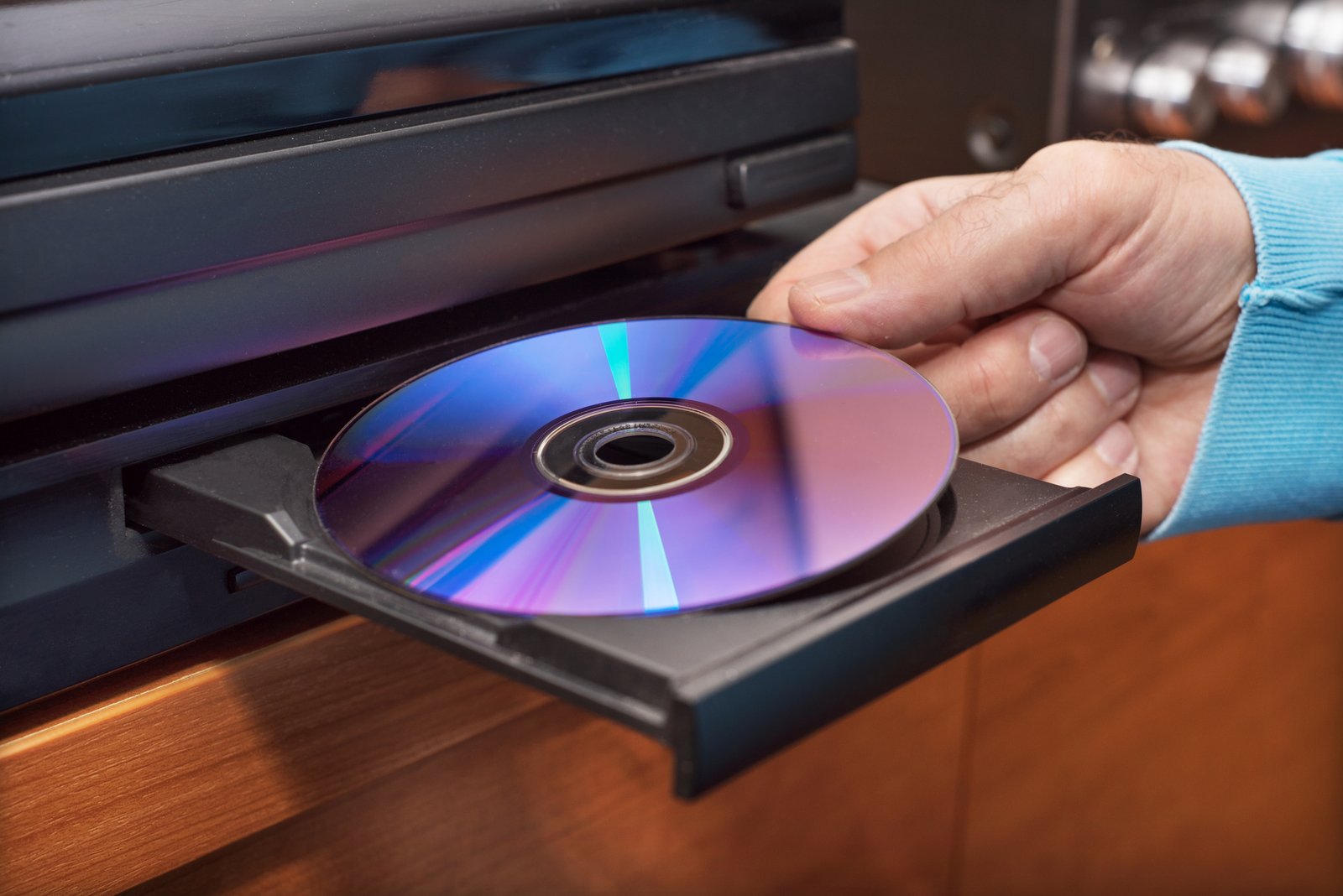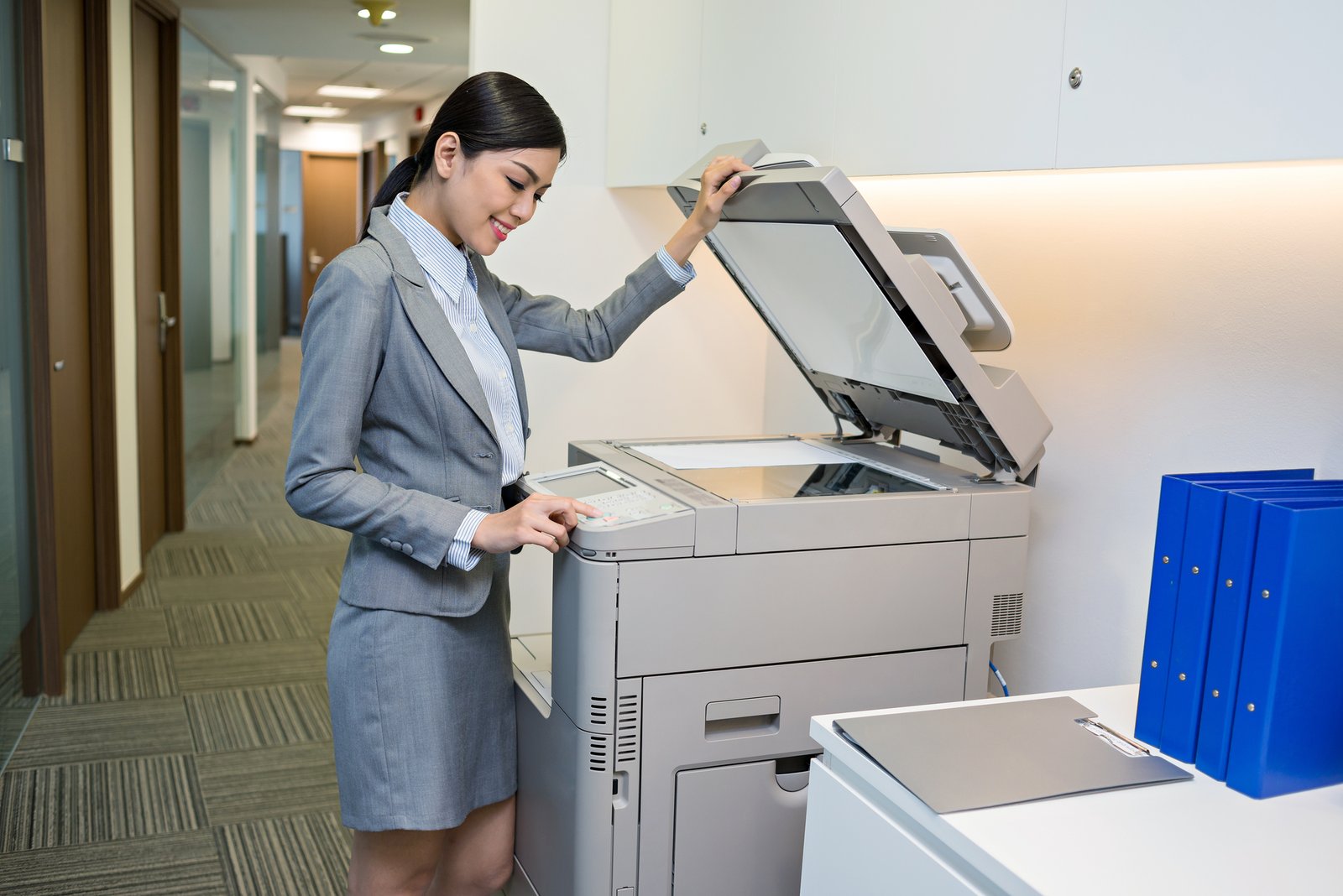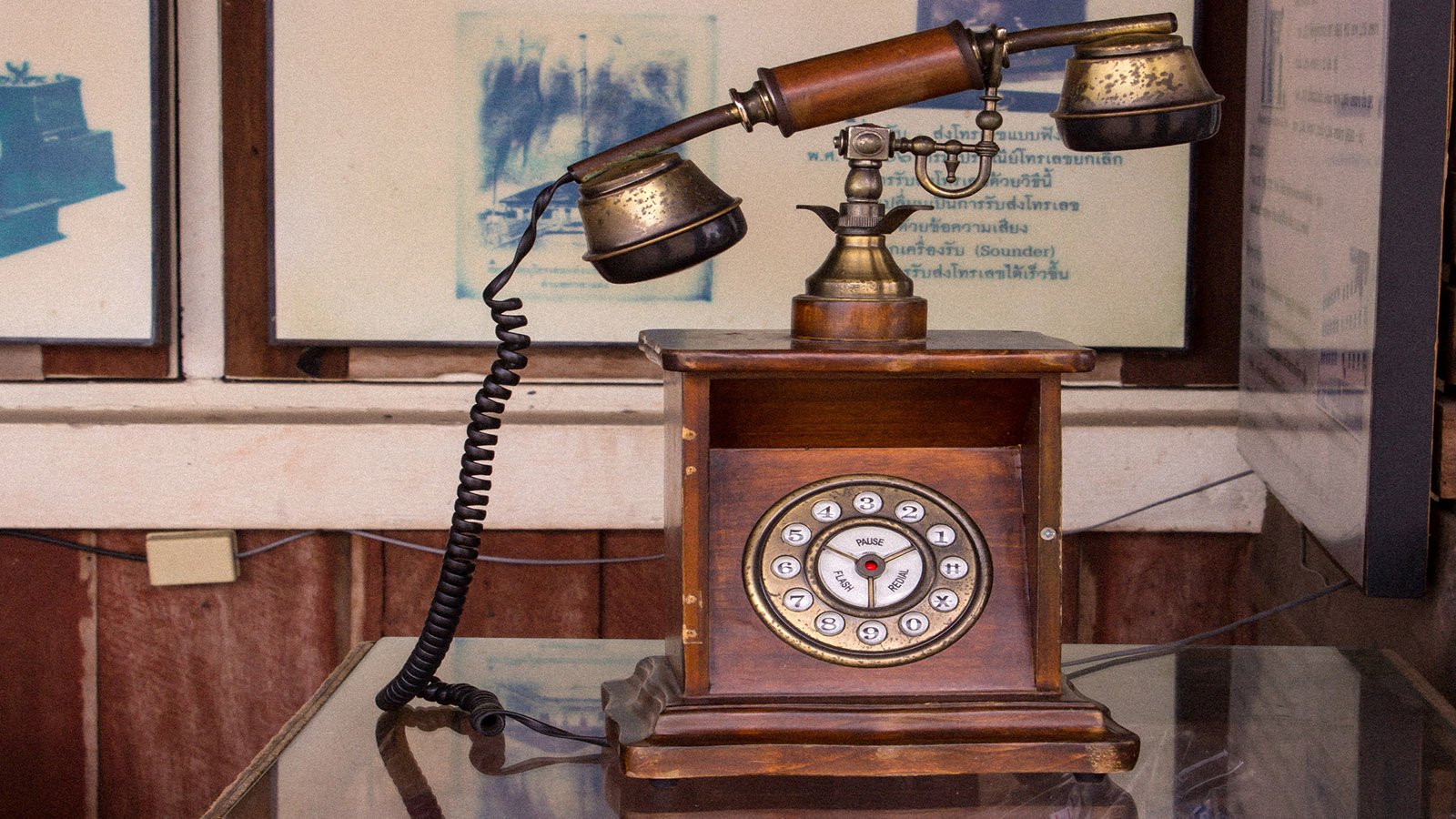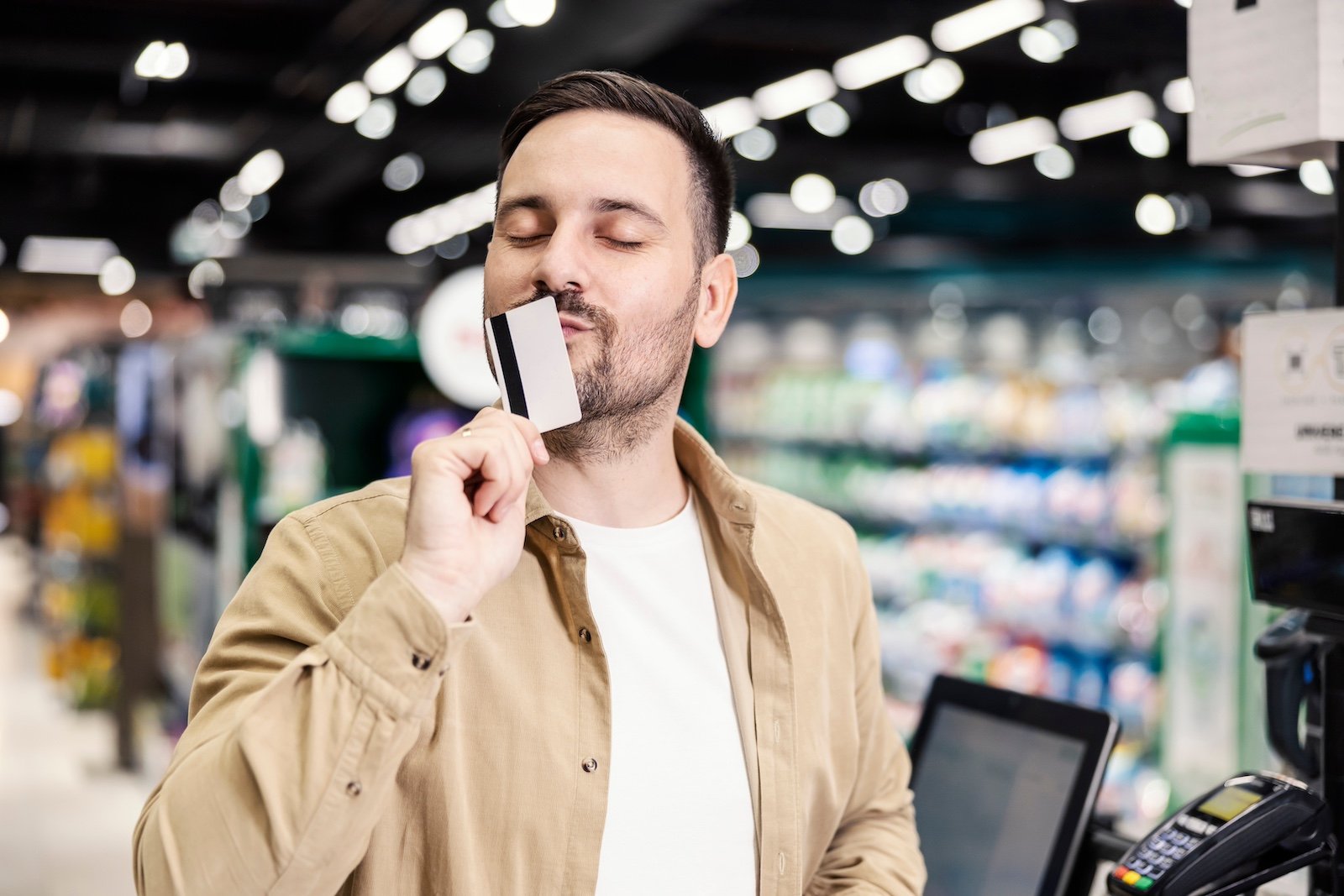Change is the only constant, and the rapid pace of technological advancement and evolving consumer preferences ensure that certain aspects of our daily lives will soon become relics of the past. In America, several everyday items and services are poised to disappear, giving way to more efficient digital alternatives. Here’s a look at things that will soon cease to exist in America.
Payphones

Payphones were once ubiquitous, found on almost every street corner. However, the advent of smartphones has rendered them obsolete. Now, stumbling upon a payphone is akin to discovering a historical artifact. Their decline reflects the broader shift towards mobile communication, which offers unparalleled convenience and accessibility.
Handwritten Letters

The digital age has significantly diminished the practice of writing letters by hand. Emails and instant messaging have taken over, providing immediate and convenient communication.
While handwritten letters carry a personal touch that digital messages lack, they are becoming increasingly rare as digital communication continues to dominate.
Print Newspapers

Print newspapers, once a staple of morning routines, are rapidly declining in popularity. With news available online 24/7, fewer people subscribe to print editions. Scrolling through news apps and websites replaces the tactile experience of flipping through a newspaper.
Drive-In Theaters

Drive-in theaters, once a hallmark of American entertainment, have largely fallen out of favor. Despite a brief resurgence during the pandemic, their numbers have dwindled significantly. Streaming services and the convenience of home theaters have primarily replaced the need for drive-ins.
Manual Transmissions

Manual transmission cars are becoming a niche market as automatic vehicles dominate the roads. Many drivers prefer the ease and convenience of automatic transmissions, and advancements in automotive technology are making manual transmissions increasingly obsolete.
Phone Books

Phone books were essential for finding contact information, but they have been rendered obsolete by digital directories and search engines. Today, most people store contacts on their smartphones or look up numbers online, making phone books a thing of the past.
Checks

Digital payment methods are replacing paper checks. With the rise of online banking, mobile payments, and digital wallets, writing checks is becoming increasingly uncommon. Digital transactions are faster, more secure, and more convenient.
Pager

Pagers, once crucial for staying in touch, have been supplanted by smartphones. With their multifunctionality and constant connectivity, smartphones have made pagers redundant.
Film Cameras

Film cameras have a nostalgic charm, but digital cameras and smartphones have largely taken over the photography market. Digital photography offers convenience, instant results, and the ability to share images immediately.
Travel Agents

Online booking sites and travel apps have reduced the need for travel agents. While travel agents still offer valuable services, especially for complex itineraries, many people now plan and book their trips online.
CD Players

Streaming services and digital downloads have replaced CD players and physical discs. Music lovers can now access millions of songs instantly, making physical media less relevant.
Fax Machines

Fax machines are becoming obsolete with the rise of email and cloud-based document sharing. Digital communication methods are more efficient, reliable, and environmentally friendly.
Milk Deliveries

Home milk deliveries, once a common sight, have largely disappeared. The convenience of supermarket shopping and the availability of a wide range of dairy products have made this service obsolete.
Paper Maps

Paper maps have been replaced by GPS navigation systems and smartphone apps. Digital maps offer real-time updates, route planning, and location services that paper maps cannot match.
Parking Meters

Traditional parking meters are being phased out in favor of parking apps. These apps allow users to pay for parking and extend time remotely, reducing the need for physical meters and coins.
Shopping Malls

Shopping malls, once bustling centers of commerce, are struggling to compete with online shopping. The convenience of buying directly from producers and the rise of e-commerce have led to the decline of traditional malls.
Paper Receipts

Digital receipts are becoming more common as businesses adopt electronic payment systems. Digital receipts are more sustainable and can be easily stored and accessed, reducing the need for paper.
Alarm Clocks

Smartphones have replaced traditional alarm clocks for many people. With built-in alarm functions, smartphones offer a convenient and multifunctional alternative.
Landlines

Landline phones are becoming less common as more people rely solely on mobile phones. The convenience and versatility of smartphones have led to a decline in the use of landlines.
ATMs

As digital banking and contactless payments become more prevalent, the need for ATMs is diminishing. The convenience of online banking and digital wallets is reducing the reliance on cash.
Cash and Coins

The rise of digital payments is reducing the need for physical cash and coins. Contactless payments, digital wallets, and cryptocurrencies are becoming more popular, leading to a decline in the use of traditional currency.
Single-Use Plastic Bags

Environmental concerns are driving the move away from single-use plastic bags. Many cities and states implement bans and encourage reusable bags to reduce plastic waste.
USB Charging Cables

Wireless charging technology is becoming more widespread, reducing the need for USB charging cables. The convenience of wireless charging is expected to make cables increasingly obsolete.
Checkout Counters

Automated checkout systems and cashier-less stores are changing the retail landscape. Technologies like Amazon Go are eliminating the need for traditional checkout counters and cash registers.
Bank Branches

Digital banking is leading to the closure of many physical bank branches. As more people manage their finances online, the need for brick-and-mortar bank locations is diminishing.
Family Farms

Urban development and industrial agriculture are contributing to the decline of family farms. The future of farming may lie in vertical farming and other innovative agricultural practices.
Physical Credit Cards

Digital payment methods are expected to replace physical credit cards. Mobile payment apps and digital wallets offer secure and convenient alternatives to carrying plastic cards.
Remote Controls

Voice computing and smart home technology are making remote controls obsolete. Devices that can be controlled through voice commands or mobile apps are becoming more common.
Physical Privacy

The rise of surveillance technology and digital profiling is eroding physical privacy. Cameras, biometrics, and digital tracking are becoming ubiquitous, making it increasingly difficult to maintain anonymity.
Passwords

Passwords are being replaced by more secure authentication methods, such as biometrics and multi-factor authentication. These technologies offer better security and ease of use compared to traditional passwords.
Physical Documents

Paperwork is going digital, from contracts to medical records. Digital documents are easier to store, access, and share, reducing the need for physical copies.


